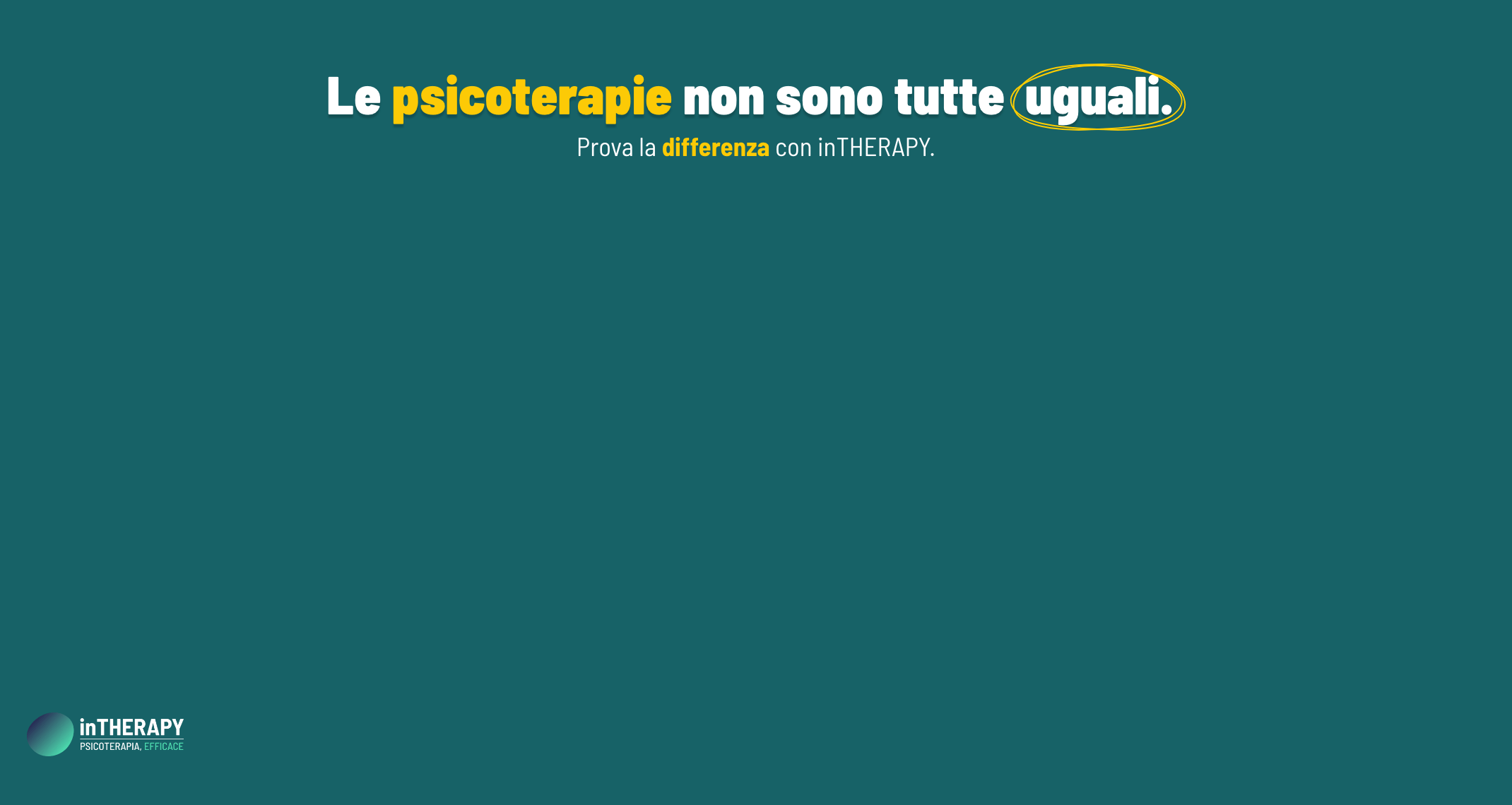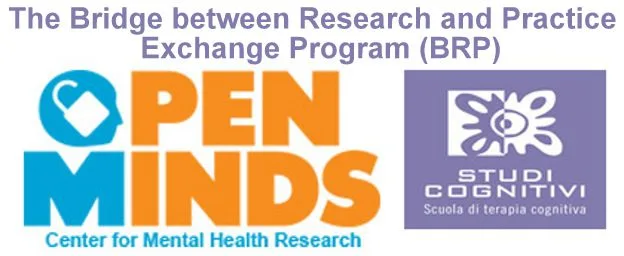The bridge between research and practice: updates from Open Minds.
Influence of Stigma on Help Seeking Behavior
Stigma is a word which has evaded clear, operational definition: it can be considered as an amalgamation of three related problems: a lack of knowledge (ignorance and misinformation), negative attitudes (prejudice), and excluding or avoiding behaviors (discrimination) (Thornicroft, 2006b).

People with mental disorders often wait for a long time before looking for help, with average delays before seeking help of 8 years for mood disorders, and at least 9 years for anxiety disorders. Those who wait longer than average before receiving care are more likely to be young, old, male, poorly educated, or a member of a racial/ethnic minority (Morgan & Fearon, 2007).
How do people judge where to go for help? A large national survey in Germany described vignettes of people with depression or schizophrenia and asked about how to find help. Revealingly the general public thought that mental health staff is useful for treating people with schizophrenia, but not for depression. The reason for this is that most people felt that schizophrenia was caused by biological or uncontrollable influences, while they understood depression to be a consequence of ‘social disintegration’ (including unemployment, drug or alcohol misuse, marital discord, family distress or social isolation) so that people with depression were more often recommended to seek help and social support from a friend or confidant (Angermeyer et al., 1999).
Similar findings also emerged from a study in Iowa where people living in the most rural environments were more likely to hold stigmatizing attitudes toward mental health care than people in towns, and such views strongly predicted willingness to seek care (Hoyt et al., 1997). So it seems to be true that stigma about mental illness is no less in many rural areas, and it may be even stronger than in towns and cities. In part this may be based upon fears that a rural community will learn details about a period of mental illness, while it is easier in cities to remain anonymous. But relatively little research has been done in rural areas to understand these processes in more detail.
It seems to be clear, however, that stigma plays an important role in determining people’s Help Seeking Behavior.
LEGGI ANCHE:
- ENGLISH ARTICLES
- ARTICOLI SU: PSICOLOGIA E PSICHIATRIA PUBBLICHE
- ARTICOLI SU: STIGMA
REFERENCES:
- Angermeyer M.C., Matschinger H. & Riedel-Heller S.G. (1999). Whom to ask for help in case of a mental disorder? Preferences of the lay public. Social Psychiatry and Psychiatric Epidemiology 34(4), 202-210. (DOWNLOAD)
- Hoyt D.R., Conger R.D., Valde J.G. & Weihs K. (1997). Psychological distress and help seeking in rural America. American Journal of Community Psychology 25(4), 449-470. (DOWNLOAD)
- Morgan C. & Fearon P. (2007). Social experience and psychosis insights from studies of migrant and ethnic minority groups. Epidemiologia e Psichiatria Sociale 16(2), 118-123.
- Thornicroft G. (2006b). Shunned: Discrimination against People with Mental Illness. Oxford University Press: Oxford.


